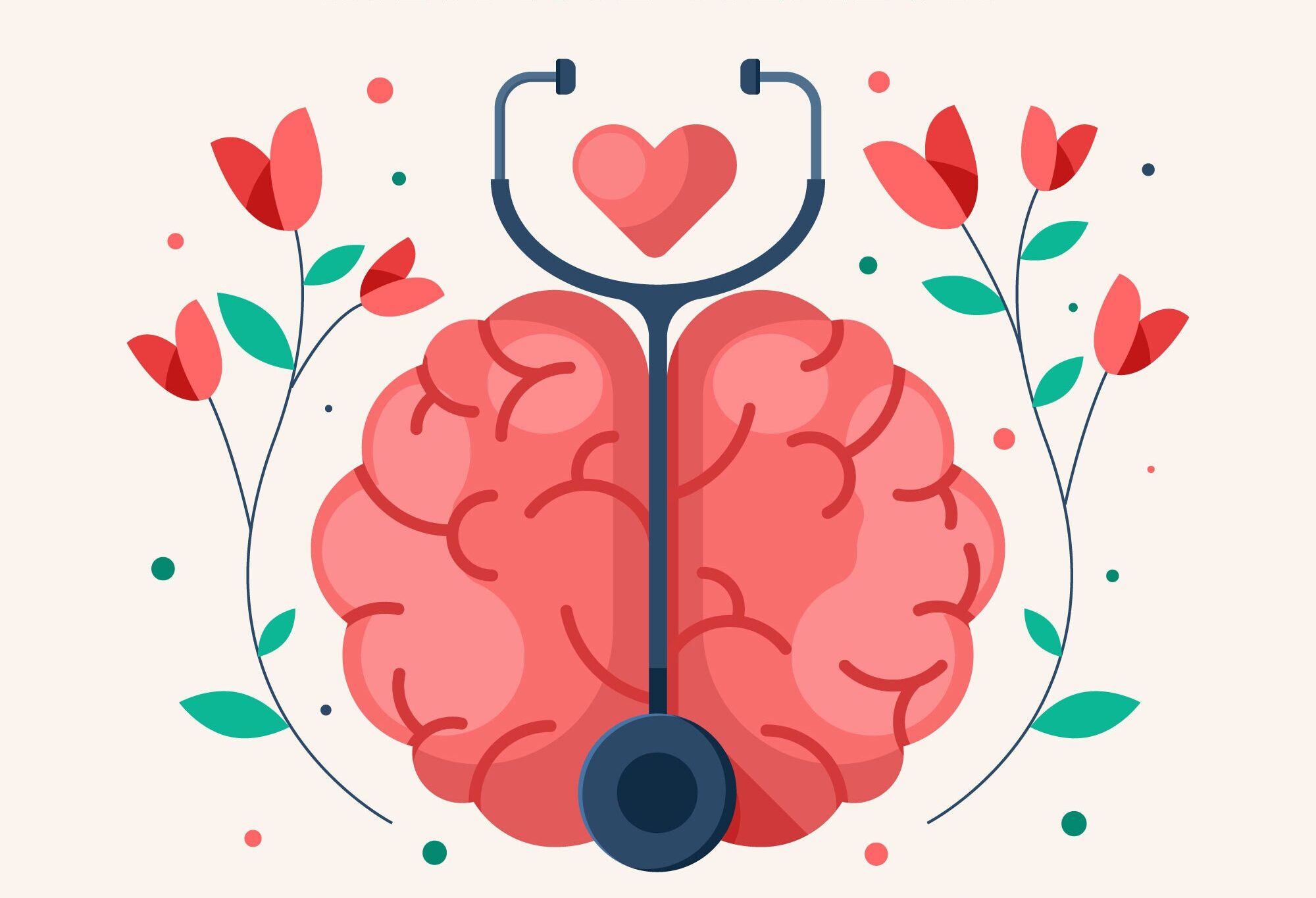
Fast Pace Health Continues Making Rural Behavioral Health Services Accessible with Two New Providers
In tandem with Mental Health Awareness Month, Fast Pace Health announces the hiring of two providers to help support its rapidly growing behavioral health program that offers services in more than 170 clinics and in patients’ homes across Tennessee, Kentucky, Mississippi, Louisiana, Indiana and Alabama. The growth provides opportunities for virtual and in-home behavioral health services to many rural Americans who live in health professional shortage areas, with limited or no access to care.
Fast Pace Health is expanding services to meet healthcare needs of rural America and recruiting staff is an essential element of that process, explains Nikita Duke, DNP, PMHNP-BC, Fast Pace Health Director of Behavioral Health Services.
“We are continuing to monitor the needs, requests for services, and referrals from the communities we serve and adding to our team to keep up with the demand,” Duke says.
“Rural patients face many barriers to treatment including long travel distances, lack of childcare, lack of specialty providers and high costs due to providers not accepting their health insurance,” Duke says.
“Fast Pace Health is working to break down those barriers to care and make services available to communities outside of metro areas – we have bricks and mortar locations throughout five states, offer virtual care direct to patients’ homes and accept most major health insurance plans, including Medicare and Medicaid plans” said Robert McKenzie, Executive Sponsor of Virtual Health.
Most recently, expanding Fast Pace Health’s behavioral health team took the shape of adding a behavioral health therapist and psychiatric nurse practitioner. Like the rest of the staff, the two new providers will offer telehealth behavioral health services such as counseling and psychiatric medication management, to address patients’ needs at brick-and-mortar clinics and at home.
Duke says that, when medically appropriate, the combination of these two services—medication and counseling, whether it be individual, child, family or adolescent therapy—can be a powerful tool to help treat and manage behavioral health issues and symptoms, such as anxiety or depression.
“We want our patients to feel they are managing their symptoms and treating their conditions as effectively as possible, and with virtual behavioral health services available in our clinics and at home, we are well on our way to bridging the gap to behavioral health services for more rural communities in need,” Duke says.
Fast Pace Health rolled out behavioral health services at 16 additional clinics in early May, providing enhanced access to its services five days per week. Duke says this is an important option for patients who may have neglected their mental health needs for years without local access to care.
With suicide rates higher in rural areas than in metropolitan communities (per the CDC), the expansion of behavioral health services is essential. As access to services expands into every rural corner of Tennessee and beyond, so do staffing needs. Fast Pace Health continues to recruit experienced psychiatric nurse practitioners or therapists to help fill the gaps in care it sees in rural America – open positions can be found on Fast Pace Health’s website at www.FastPaceHealth.com/careers/.
In Mental Health Health Awareness Month and every month, no one should go without the help they need to live a happier, more fulfilled life, no matter where they live, Duke says.
“We are excited to continue our growth, add team members and expand access to care in primary care offices, rural health clinics and other health care centers across rural America. Especially in this Behavioral Health Awareness Month, we want rural Americans to know, you are not alone,” McKenzie says.
#youarenotalone.
Sources:
U.S. Dept. of Health and Human Svcs., Designated Health Professional Shortage Areas Statistics, First Quarter of Fiscal Year 2022, Designated HPSA Quarterly Summary (Jan. 1, 2022)
Centers for Disease Control, Americans in Rural Areas More Likely to Die By Suicide (Oct. 5, 2017)
Related Resources


